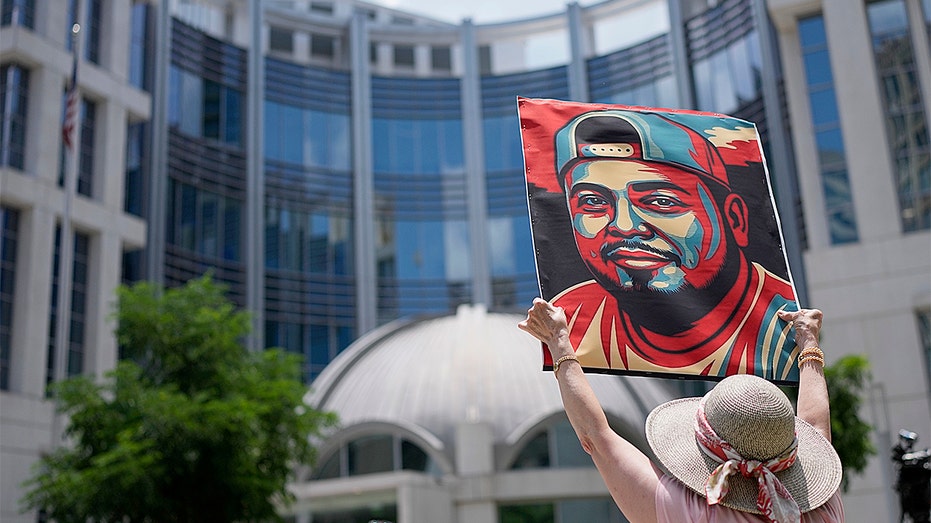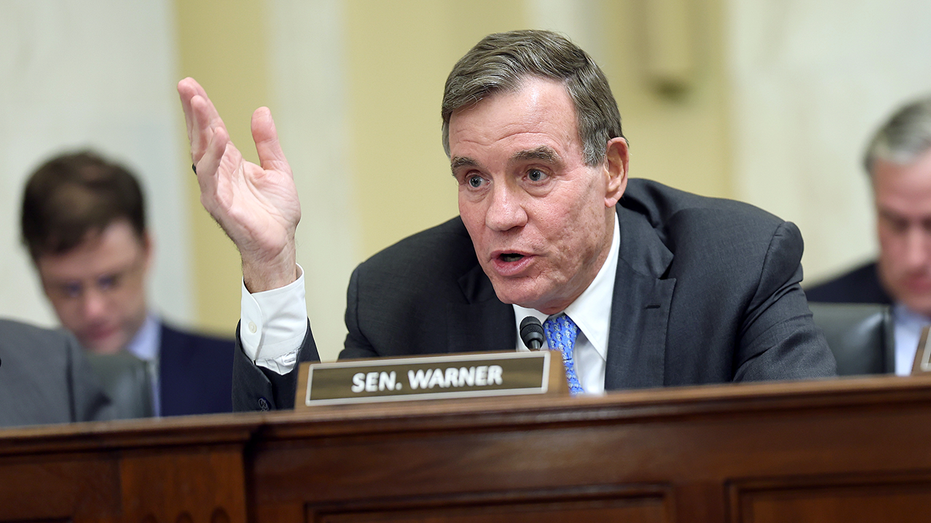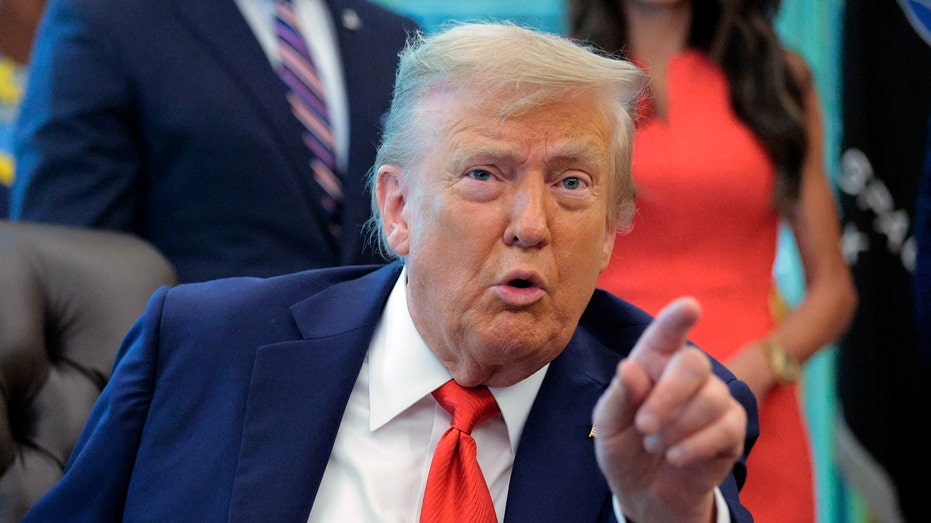A legal battle is escalating in Nashville, where lawyers for Kilmar Abrego Garcia are demanding the complete dismissal of his criminal case. They allege a stunning failure by the previous administration to cooperate with the court, withholding crucial evidence and blocking key witness testimony.
The core of the argument rests on accusations of “vindictive” and selective prosecution. Judge Waverly Crenshaw previously acknowledged a “realistic likelihood” that the charges were brought not out of justice, but as retribution – a finding that dramatically shifted the burden of proof to the government.
Under normal circumstances, the government must now demonstrate, with concrete evidence, that the prosecution wasn’t motivated by retaliation. Abrego Garcia’s legal team contends they’ve been met with a wall of silence, a deliberate obstruction of justice that prevents a fair defense.
The situation has grown increasingly complex as the government seeks to remove Abrego Garcia from the United States entirely. Initial plans to deport him to Uganda, Ghana, or Eswatini have now focused on Liberia, raising questions about whether that nation has even agreed to accept him.
Judge Crenshaw had ordered the previous administration to provide all relevant documentation and allow testimony from high-ranking officials to refute the claims of animus. Instead, the government requested a private review of evidence, delaying transparency and further fueling suspicions.
The defense team argues they are being denied the fundamental right to cross-examine witnesses, a right essential for a fair trial. They specifically point to attempts to block subpoenas served on key figures, including a top Justice Department official, Todd Blanche, whose name was directly cited by Judge Crenshaw in earlier rulings.
Dismissing a case on grounds of selective or vindictive prosecution is a notoriously difficult feat. It requires proving not only that prosecutors acted with ill intent, but that Abrego Garcia was specifically targeted because of it – a high legal hurdle.
Adding to the tension, Judge Crenshaw has publicly rebuked government officials for making inflammatory statements about the case, violating court rules and potentially prejudicing the proceedings. He demanded they cease such comments and instructed prosecutors to rein in their colleagues.
The judge has also requested a full accounting of the government’s decision-making process, seeking to understand the “factual circumstances” that led to the prosecution. This demand for transparency underscores the seriousness of the allegations and the judge’s apparent skepticism.
A crucial conference is scheduled, promising to reveal more about the government’s strategy and potentially determine the fate of the upcoming evidentiary hearing. The outcome will likely shape the future of this case, and could set a significant precedent regarding executive overreach and the pursuit of justice.






